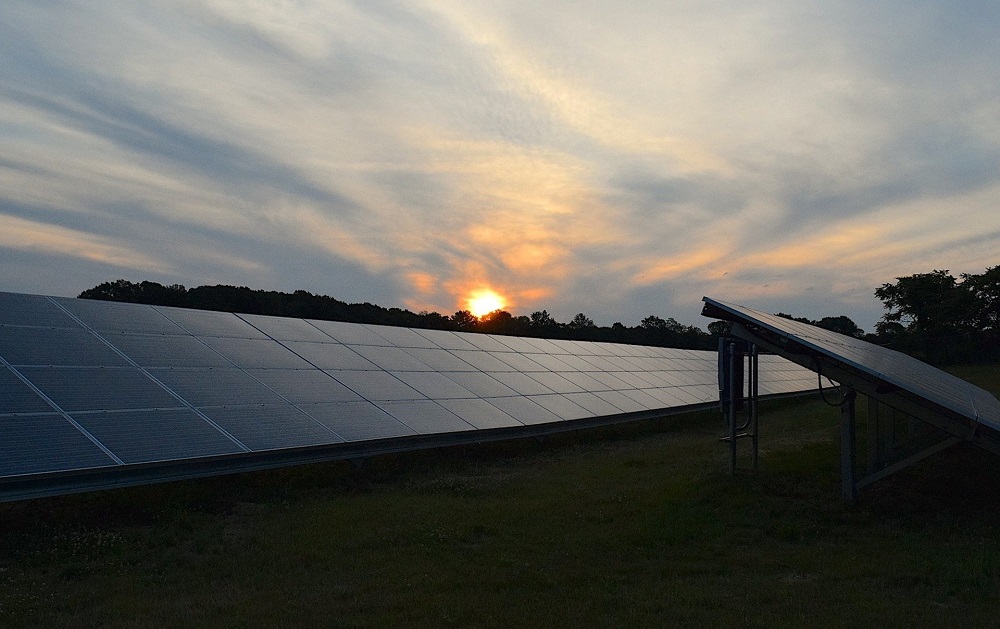Going Solar: A Smart Way for Nigerian Businesses to Save Money Amid Rising Energy Costs September 24, 2024 In Nigeria, the rising cost of electricity and fuel for generators has become a significant burden on businesses. With increasing electricity tariffs and soaring fuel prices, many companies are struggling to manage operational costs. For those seeking a sustainable and cost-effective solution, going solar offers an excellent alternative that can save money, ensure reliable power, and promote environmental responsibility. The Energy Crisis in Nigeria: A Growing Concern Electricity costs in Nigeria have been steadily rising, forcing businesses to rely heavily on diesel and petrol generators. This dual burden of high electricity tariffs and costly generator maintenance can quickly spiral out of control, eating into profits and limiting growth opportunities. Transitioning to solar energy is not just a green choice but a financially sound one. Why Going Solar Saves Money 1. Reduced Energy Bills: Installing solar panels can lead to significant reductions in monthly electricity bills. By generating your own power, you can reduce reliance on the grid and escape constant price hikes. 2. No More Fuel Expenses: Solar energy eliminates the costly dependence on diesel and petrol, allowing businesses to save on fuel expenses over time. 3. Low Maintenance Costs: Solar systems require minimal maintenance compared to generators, which often need repairs. Once installed, solar panels can last for 25 years or more. 4. Tax Incentives and Financing Options: Many businesses qualify for government incentives, loans, or grants, reducing the upfront cost of solar systems and making them more accessible. Why Going Solar Saves Money Continuing to rely on traditional power sources can lead to several negative consequences: 1. Escalating Costs: As electricity tariffs and fuel prices rise, businesses face unsustainable operating costs, which can reduce profitability and hinder growth. 2. Inconsistent Power Supply: The national grid is unreliable, with frequent outages disrupting operations and leading to lost revenue. 3. Environmental Impact: Dependence on fossil fuels contributes to pollution and carbon emissions, which can harm both the environment and public health. 4. Reduced Competitiveness: Businesses that don’t switch to solar may struggle to remain competitive as energy costs continue to rise. Conclusion: Solar is the Future for Nigerian Businesses In the face of rising energy costs, solar power offers a viable and cost-effective solution for Nigerian businesses. By reducing electricity bills, eliminating fuel costs, and minimizing maintenance expenses, solar energy provides significant financial relief and sustainability. As the global focus shifts toward cleaner energy, businesses that adopt solar today will protect their bottom line and position themselves as environmentally conscious leaders in their industries. How Can Solar Be Purchased? If you’re considering making the switch to solar, Solarity, located at 15 Bajulaye Rd, Off Kalejaiye Bus Stop, Shomolu, Lagos, Nigeria, is here to help. Here’s how to get started: 1. Contact Solarity: Reach out for a personalized consultation to assess your energy needs and receive tailored solar solutions. 2. Explore Financing Options: We offer flexible financing options, including payment plans, to make the transition to solar energy as accessible as possible. 3. Get a Customized Proposal: After consultation, we will provide a detailed proposal outlining the installation process, potential savings, and available incentives. 4. Installation and Support: Our professional team will handle the installation efficiently and provide ongoing support to ensure optimal performance. By choosing Solarity, you’re investing in the future of your business. Take the first step toward energy independence today. Contact us at +234-905390-2950 / 805-2735910 or visit us at 15 Bajulaye Rd, Somolu, Lagos, and discover how we can help you save money while contributing to a more sustainable future. Related Post edit post Solar bySolarityOctober 2, 2024 How Can I Choose the Right Solar Lights? edit post Solar bySolarityOctober 2, 2024 Debunking the Myth: “Solar Doesn’t Work in Cloudy Weather” edit post Solar bySolarityAugust 2, 2024 Solar energy for school : A brighter future edit post Solar bySolarityMay 22, 2024 Do solar lights have built-in features for adjusting brightness or timing? edit post Solar bySolarityMay 22, 2024 What kind of maintenance do solar lights require? Load More



